Whose ‘Economy’ Are We Participating In?
Have you ever wondered where our word economy comes from?
In a wealthy household in ancient Greece, the owner would often entrust the management of his affairs and material resources, both financial and people, to a steward. In Greek, the word for steward is oikonomos: the oikos is the house, and nomos is connected to the act of managing.
Over time and through several languages, the word oikonomia comes to us in the form of economy. In short, economy means household management.
Even if we’ve never met, I know one thing about you is certain: you participate regularly in economics. You have concerns about the state of “the economy.” You actively engage in commerce, buying and selling, perhaps even investing.
Whose household affairs are you managing?
As a follower of Christ, have you ever stopped to wonder whose economy you are participating in? Or put another way, whose household affairs are you managing?
When preparing the recently-freed Israelites for their entry to the land he promised them, God reminds them of these two things: whose land they are entering (God’s), and who owns the resources they will use to amass wealth (also God). In Deuteronomy 8 (v. 10 and 18, respectively), he says:
“When you have eaten and are satisfied, praise the Lord your God for the good land he has given you.”
and
“[R]emember the Lord your God, for it is he who gives you the ability to produce wealth.”
Both the land and the ability the Israelites used to grow wealth belonged to God. He gave it to them to manage. But simply because he gave it to them to manage does not mean it was theirs to do with as they pleased.
God had a purpose for their land and their wealth, and it was to build his household— his kingdom—on earth. The Israelites, then, were stewards of the land God had given them to possess. They were not owners, they were managers. They had been given resources and tasked with a specific goal for that land and its bounty to accomplish.
What does God (still) want in his kingdom?
While we moderns don’t primarily define or describe ourselves as “landowners,” we still make use of, and live off the increase of resources that are given to us by God—resources that belong to him and over which we have been given responsibility as his manager. And we need to discover what His purposes might be for what he’s given us to manage.
God has declared his purposes: reconcile brokenness from the Fall, make disciples, love and worship God, love our neighbor, do justice, and love mercy. When these things happen, his kingdom grows and his name becomes more widely known.
But why are we discussing God’s kingdom purposes in a blog about economics? Because as stewards of His resources, we need to understand that our investments play a significant role in God’s economy, his household.
Investing as God’s Steward
The concept of investing as God’s steward is foreign to most Christians because our teachers and pastors rarely have a robust understanding about the financial services industry or the investment world. Similarly, many financial advisors are unaware of the investment opportunities available that achieve both financial and spiritual outcomes. Books and sermons discuss what a good steward should do after they have made money through work or investing, but teachings are scarce regarding the biblical principles that should be applied during the “making of the money.”
Twenty-first century Christians, especially those living in the West, are among the wealthiest in all human history, but most lack an understanding of the dangers when wealth is mishandled.
A steward investor needs to address these concerns:
• Can I accomplish good in the world through investments and not just charity?
• Can my investment goals become more aligned with God’s purposes for building his kingdom on earth?
• Might I be guilty of living a life in pursuit of pleasure, luxury, and self-gratification to the detriment of those who are vulnerable, exploited, or impoverished?
It is incumbent upon us as stewards of God’s resources to invest in ways that accomplish His eternal purposes. After all, it’s His house we are living in and we are accountable to Him for how we operate within His economic system.
